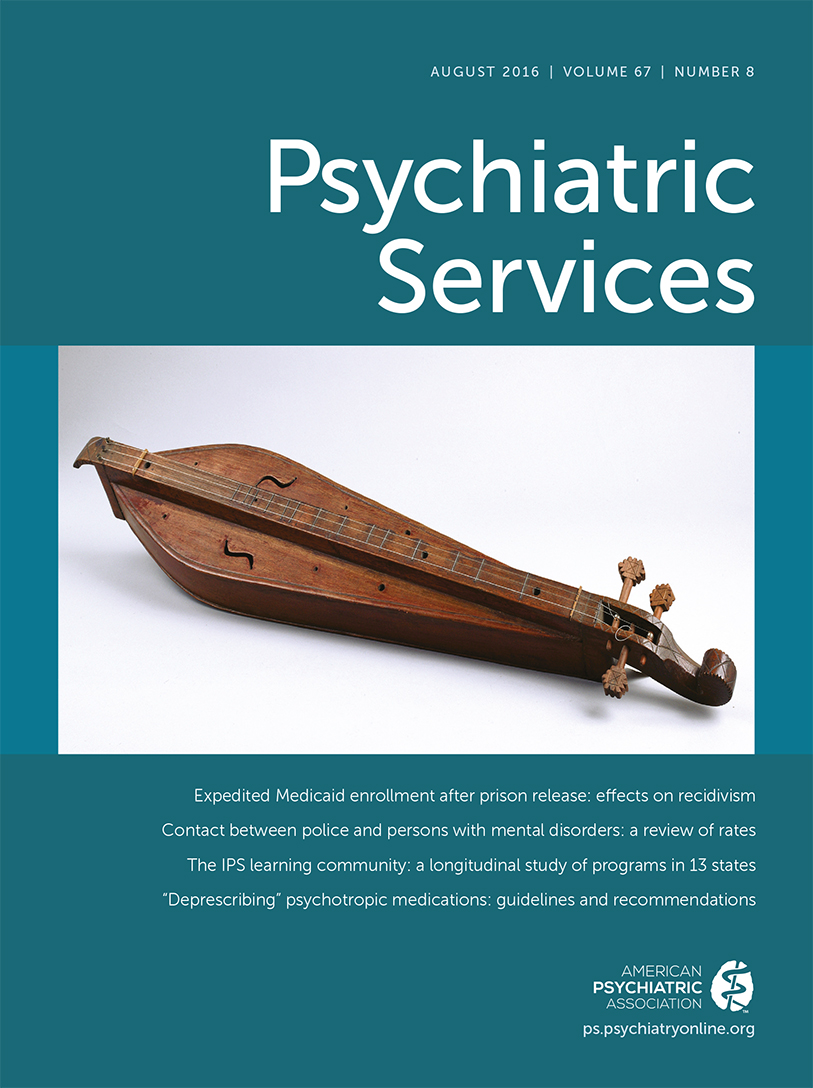Losing Tim: How Our Health and Education Systems Failed My Son With Schizophrenia

Paul Gionfriddo’s exposé Losing Tim sheds light on the failure to anticipate unintended consequences of a seemingly well-intended policy. As a former state policy maker for the state of Connecticut, Mr. Gionfriddo played a role in the policy to minimize the role of large psychiatric institutions and transition patients to community mental health centers, halfway houses, schools, and supported workplaces. The well-meaning intention was to help demystify mental illness by attempting to integrate people with mental illness within society by establishing systems-of-care models that would help with transition and with program maintenance. The problem is that when these programs are not adequately funded and there are no acceptable safety nets, the industrial prison complex becomes the de facto stop gate, exacerbating the pain of untreated or undertreated severe mental illness.
Mr. Gionfriddo has remarkable insight on this topic, and his empathy for those with serious mental illness is illustrated in his account of his son Tim, who is one of the 6% of Americans with serious mental illness and one of the half-million homeless people with serious mental illness in dire need of support but who are unable to obtain this support in an overstretched system. The reality that Tim is an African-American male only increases his vulnerability in our current system.
The beauty of Losing Tim is the intricate mosaic that emerges from the narrative beginning with a child painfully struggling to fit in and continuing with a man who has been arrested, becomes homeless, and is suffering from the adverse sequelae of schizophrenia. The horror that the loved ones of those suffering from schizophrenia experience is riveting. The book sheds light on our health and education systems and highlights the daunting task that we face in treating this at-risk, misunderstood population. Despite the hopelessness one feels while reading the book, Tim’s resiliency is admirable, and the author does a phenomenal job in giving a voice to a population that is often marginalized and voiceless.



